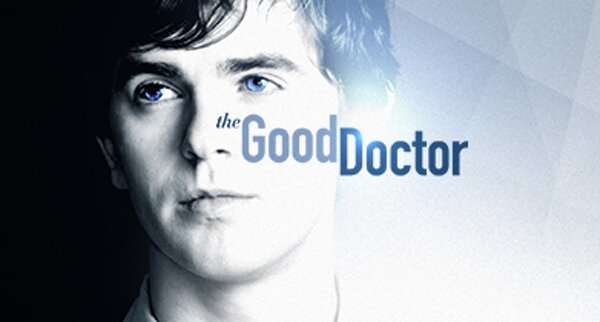Autistic doctors – we're not exactly as portrayed on TV

When I open up about my referral for an autism spectrum disorder assessment, I draw on examples from the only popular reference I have for an autistic doctor—what's portrayed on TV.
You have probably seen these medical dramas—The Good Doctor, House, Grey's Anatomy. There are more. They all have or allude to a stereotype of autism in certain characters.
The Good Doctor himself, Dr. Shaun Murphy, is a surgical trainee with excellent memory recall and attention to detail who faces stigma but often saves the day because of his traits, proving those who doubted him wrong. Dr. Virginia Dixon was briefly head of cardiothoracic surgery in Grey's Anatomy, with her special interest advertised by her relaying of heart-based facts and a tendency to over-explain procedures to patients, as well as a dislike of physical contact and the wearing of extra protective gear during surgery.
While I can relate to some aspects of these characters—both struggles and strengths—my reality seems to be more exhausting and hidden. Battles such as sensitivity to noise, struggling with small talk, getting lost in the hospital, developing coping mechanisms for organisation, or painfully scrutinising my replies to emails are what I bury and mask with a smile during the working day. Struggles aside, I also feel that some of my "traits" will allow me to be a great doctor.
I watch (and love!) these TV shows, but also see a lot of glamorous misconceptions and failure to do justice to the autistic community. The range of signs and diagnosis paths varies significantly between individuals, so the stereotypical TV autistic doctor isn't always a portrayal of who we are.
And there is a "we"—though my experience is my own, and I cannot speak for all. Absolute numbers of autistic doctors practising in the profession are unknown. One study suggests a 1% prevalence in general practitioners and may vary between speciality with different traits drawn towards different specialities from pathology to neurosurgery.
Things that may serve me well in a career as a doctor include attention to detail, hyper-focus, and creativity in diagnosis and treatment. Increased empathy is often not portrayed on TV—or expected—and is something I use in every patient or colleague encounter.
As a stickler for rules and regulations, I find myself poring over Nice guidelines – which helps in exams. Special interests can form—my own being how the human body adapts to being in space. So much so that I've spoken at conferences, attended society lectures, carried out research projects, completed courses at the European Space Agency, and am finishing up taking a year from medical training to research the subject. An interest which is so varied from typical work in the hospital, and my intensity of interest in it, results in conversations and bonds with colleagues and patients.
I've found out because of my space-themed stethoscope, that the doctor running a clinic I was shadowing is a qualified aviation medical examiner, who then helped me gain work experience opportunities in that field. I've also shared this passion with a patient whose grandchild wants to be an astronaut, and we joked that I could be doing their physical exam at a space agency one day. My love for space and academia is not new; I have a degree in astrophysics and a Ph.D. in physics.
In terms of difficulties, for me, moving every few weeks for placement and living in shared hospital accommodation has been taxing. I'm often exhausted when peers are not, due to the extra mental workload of masking all day. Together with noise sensitivity, it can leave me burnt out. Many autistic people suffer from mental health conditions and have special learning disabilities. It is vital to have the right support, treatment and adjustments for these. Which leads us to the endless paperwork and meetings needed in order to get that support. And, of course, a diagnosis is needed first, which is involves lots of waiting for appointments. While I'm grateful that the support is there, the barriers to it are real.
There is also the fear of prejudice, and a constant fight to keep up in a training programme designed for non-autistic doctors. Medical training is challenging for everyone—and even more so for us.
Overlooked assets
Only recently, after searching online, did I find colleagues to relate to. I joined a Facebook group for autistic doctors and another for medical students. To have a space to discuss problems and learn how others have dealt with difficulties is welcome. These online spaces were pioneered by an autistic doctor, who openly detailed her experience recently in a series by the Royal College of Physicians called This Doctor Can.
While what you see on TV may be entertaining—and this sort of representation is essential—I think we should welcome, champion and enable real-life autistic doctors to succeed in the ever-changing and increasingly challenging world of medicine. These thoughts were echoed in The Lancet Psychiatry earlier this year, terming us "overlooked assets to medicine."
This article is republished from The Conversation under a Creative Commons license. Read the original article.![]()





















